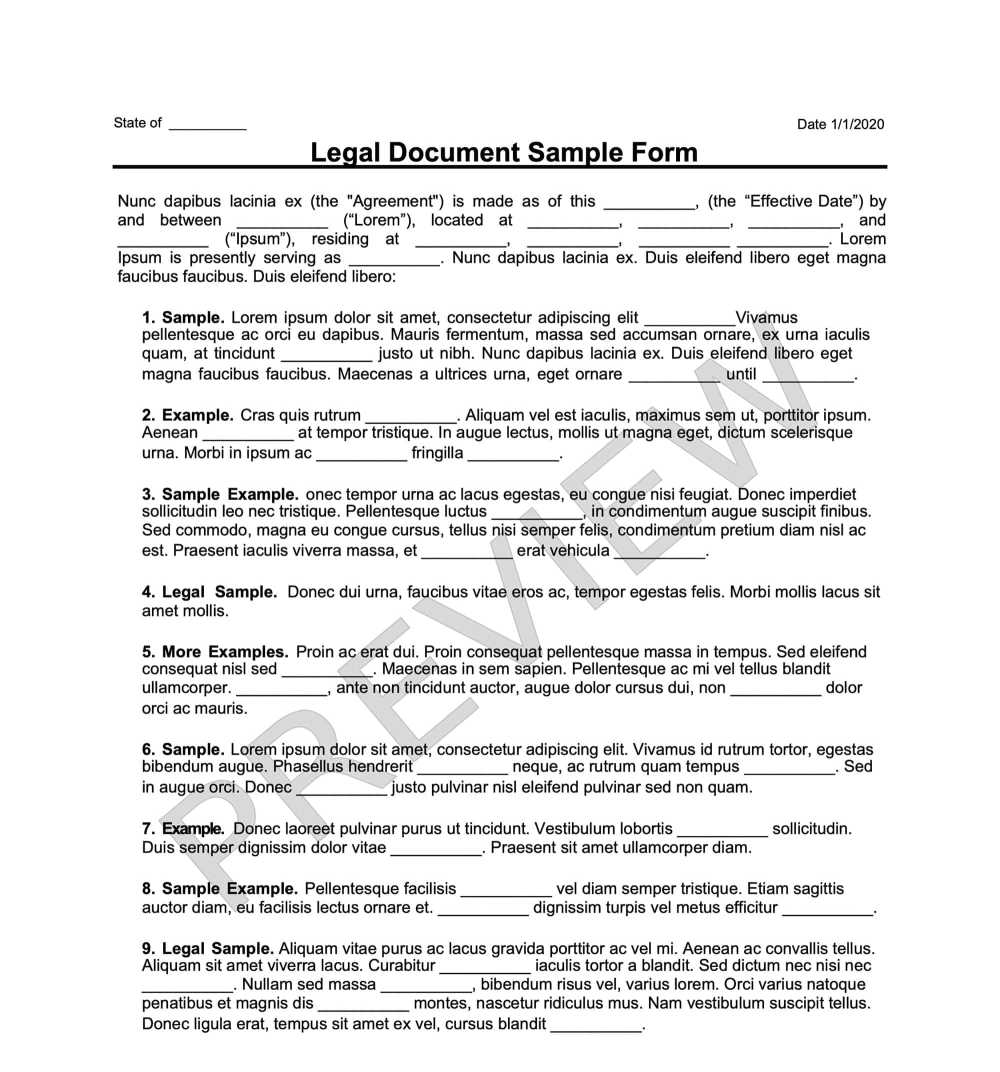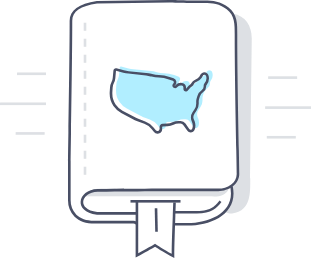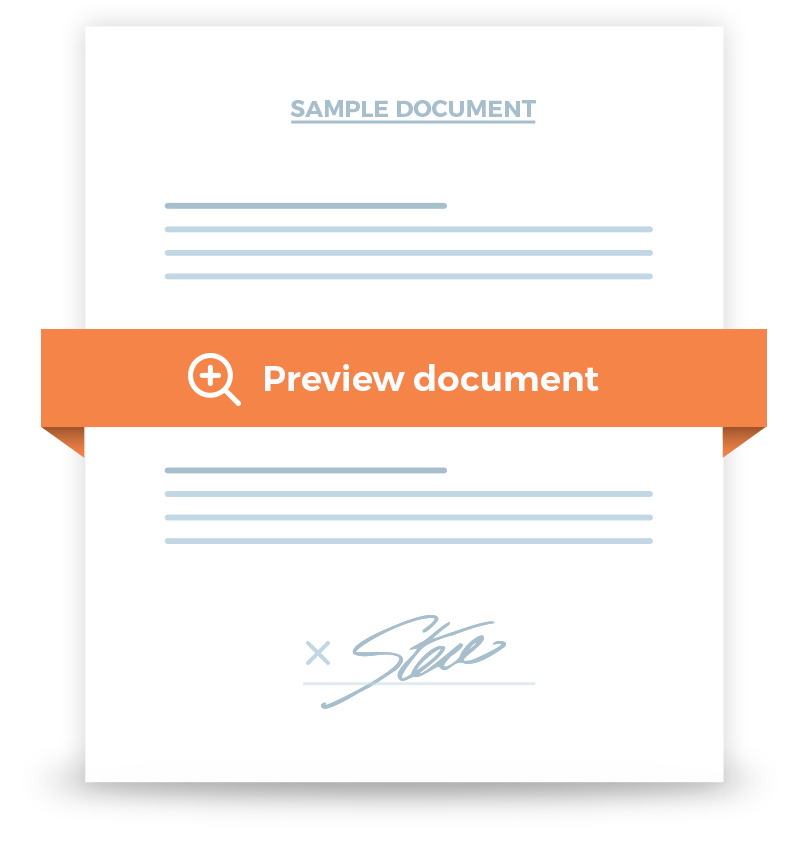Residential Sublease Agreement
Use a Residential Sublease Agreement to rent property to a subtenant or from a tenant.


Frequently Asked Questions
Generally, you can sublease any kind of property as long as you come to an agreement with the landlord of your master lease agreement. There are no legal restrictions about subleasing specific categories of property.
Yes. There's nothing inherently illegal about subtenants leasing property to third parties ad infinitum. However, the situation becomes increasingly complicated.
The subtenant needs to acquire permission from both the original tenant and the landlord of the master agreement. They must also have previous agreements amended unless the original contract already has provisions allowing the further subleasing of the property.
Yes, it's technically possible but highly discouraged. You'll risk the subtenant violating the oral agreement and have to prove that the landlord agreed to let you sublet the property. With a written agreement, you won't have to prove anything to a court, because all the terms of the sublease are in writing.
If a Sublease Agreement is established under terms of automatic renewal, the lease will continue indefinitely until either the sublandlord or subtenant gives notice to the other party. This does not mean that the Sublease Agreement can exceed the term of the master lease. It still ends automatically as soon as the master lease expires.
Yes. You can sublease any part of the property and over any period of time as long as all the parties involved agree to the terms and sign the Sublease Agreement.




